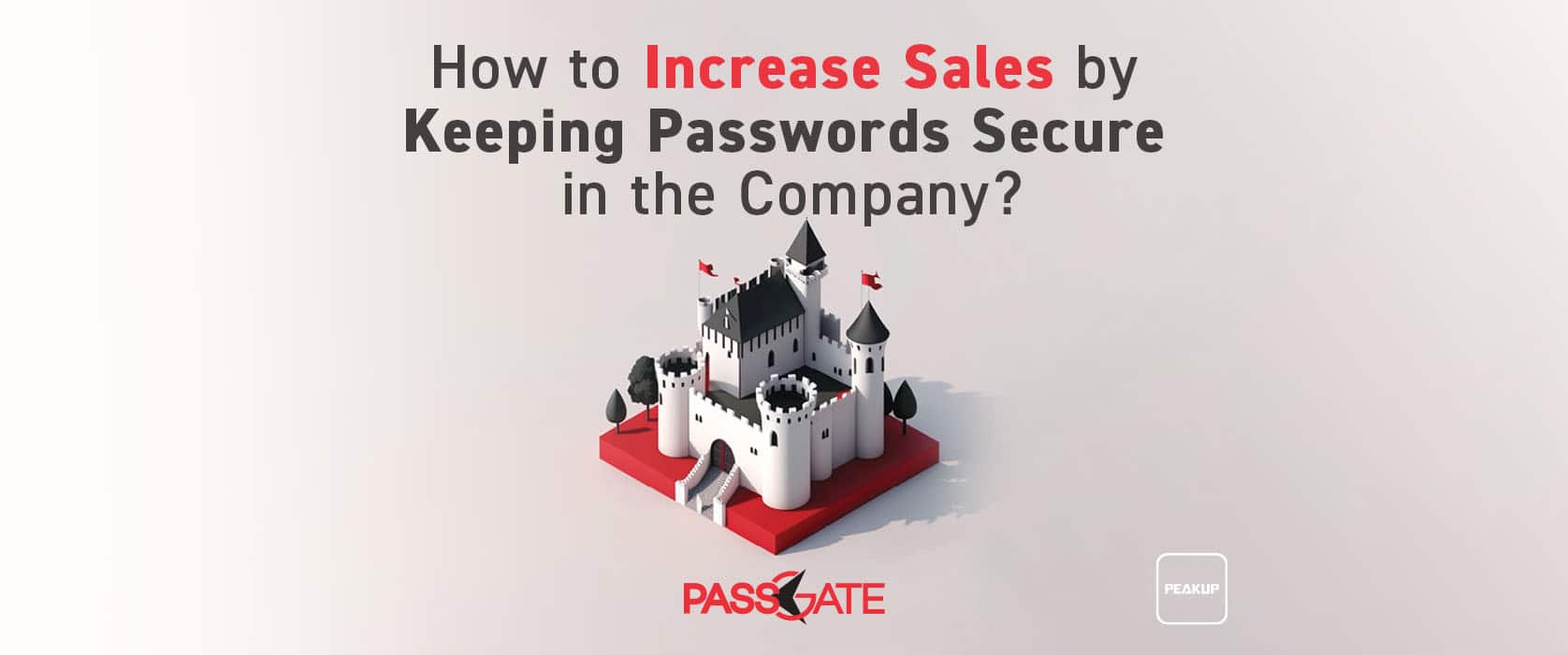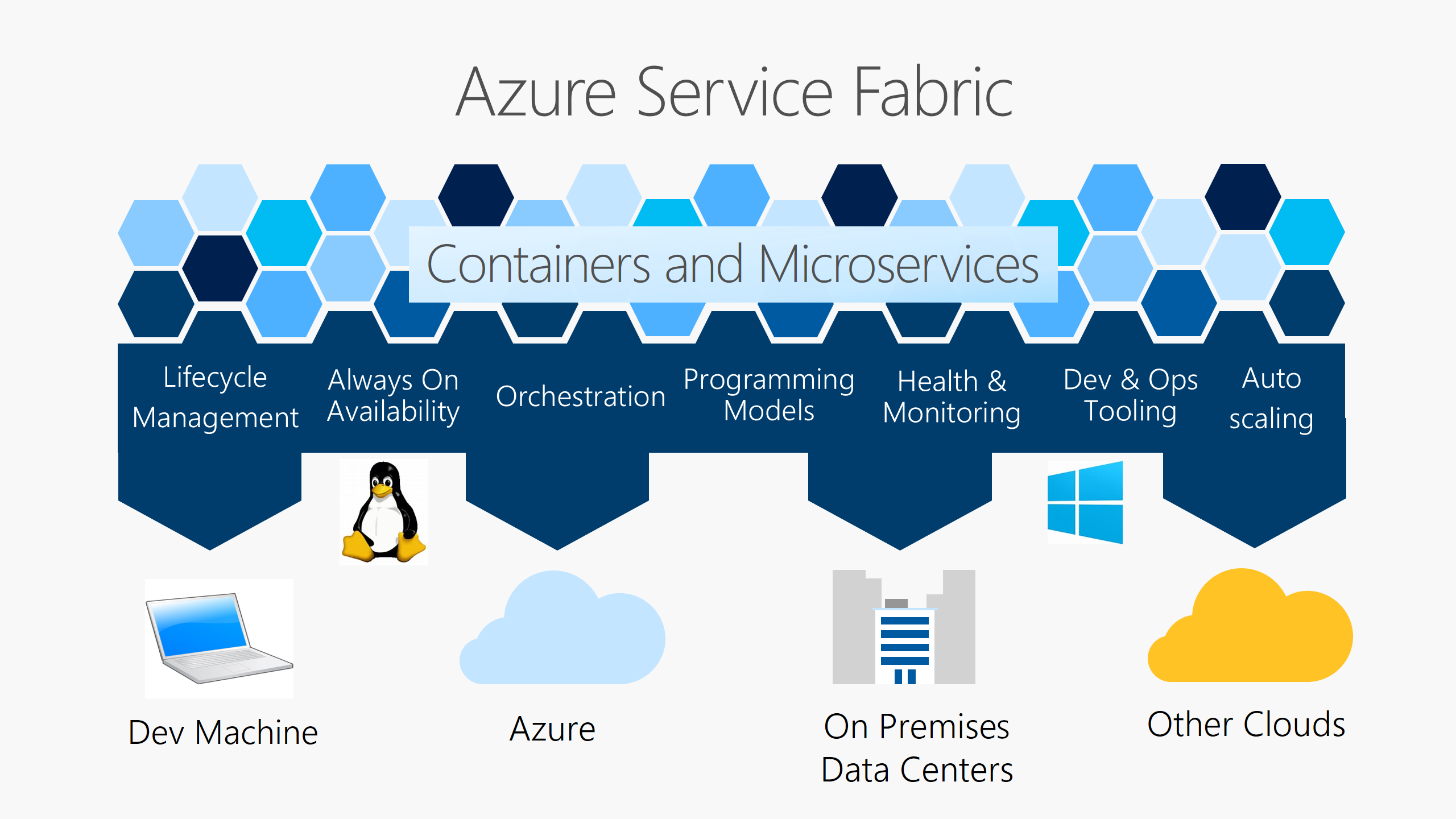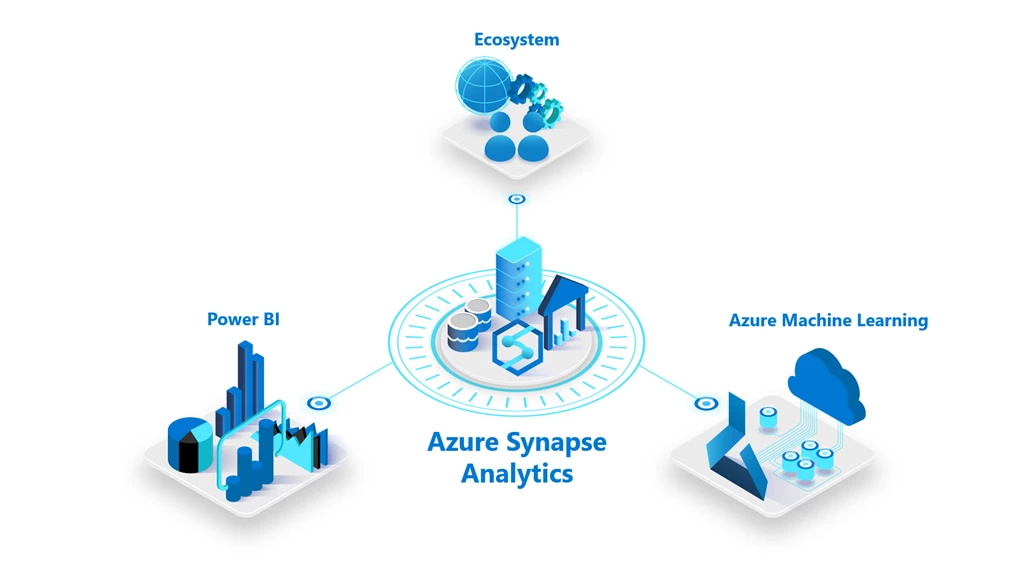In today’s rapidly changing digital landscape, cyber threats pose a significant risk to businesses worldwide. With the rise of online transactions, passwords have become a crucial element of every business’s security infrastructure. Maintaining a secure password protocol is paramount to protect sensitive information and data. In addition to meeting security compliance, keeping passwords secure can also lead to increased sales. So, let’s explore the ways in which strong passwords and secure practices can help businesses to increase their sales.,
The Benefits of Using Password Managers for Businesses
As businesses grow, the number of passwords required increases exponentially. It becomes arduous to manage multiple passwords across different websites, applications, and portals. Fortunately, password managers can help alleviate this burden. They allow businesses to store all passwords in one secure location that can only be accessed by authorized personnel. Password managers can automatically generate strong passwords, eliminating the need for employees to remember multiple passwords. Employees can focus on their tasks instead of struggling with complex login procedures, resulting in increased efficiency, productivity, and ultimately higher sales.
In addition to simplifying password management, password managers also enhance security. Password managers use advanced encryption algorithms to store passwords securely, making it difficult for hackers to gain access to sensitive information. They also provide features such as two-factor authentication, which adds an extra layer of security to the login process. This ensures that only authorized personnel can access sensitive business information.
Share Passwords Securely
Another benefit of using password managers is the ability to share passwords securely. In many businesses, employees need to share passwords with each other to access shared resources. Password managers provide a secure way to share passwords without revealing them in plain text. This reduces the risk of passwords being intercepted or stolen by malicious actors.
Furthermore, password managers can also help businesses comply with various data protection regulations. Many regulations, such as GDPR and HIPAA, require businesses to implement robust security measures to protect sensitive data. Password managers provide a secure way to store and manage passwords, helping businesses meet these requirements.
In conclusion, password managers are a valuable tool for businesses of all sizes. They simplify password management, enhance security, provide secure password sharing, and help businesses comply with data protection regulations. By using password managers, businesses can save time, reduce the risk of security breaches, and ultimately increase productivity and sales.
Understanding the Impact of Weak Passwords on Customer Satisfaction
Customers are typically apprehensive about sharing their personal information online, and for good reason. Cybercriminals are constantly on the prowl, looking for vulnerable targets to exploit. Weak passwords are one of the most common vulnerabilities that cybercriminals use to gain access to sensitive data.
But the impact of weak passwords goes beyond just the risk of data breaches. It can also result in a negative customer experience. Imagine a customer who has just signed up for an online service, only to find that they can’t log in because their password is too weak. They may have to go through the hassle of resetting their password or contacting customer support, leading to frustration and a poor first impression of the service.
Furthermore, weak passwords can also hinder the customer’s ability to make purchases. If a customer is unable to log in to their account, they won’t be able to access their shopping cart or complete their purchase. This could lead to abandoned shopping carts and a decrease in sales and revenue for the business.
On the other hand, by implementing robust password policies, businesses can create a sense of trust and safety for their customers. This includes requiring a minimum password length, complexity requirements (such as including uppercase and lowercase letters, numbers, and symbols), and regular password expiration. By doing so, customers can feel confident that their personal information is being protected and that they are less likely to fall victim to a cyber attack.
Two-Factor Authentication
In addition to password policies, businesses can also implement other security measures such as two-factor authentication, which adds an extra layer of protection to customer accounts. By taking these steps to protect their customers’ data, businesses can increase customer satisfaction and build a loyal customer base. This, in turn, can lead to increased sales and revenue.
Overall, it’s clear that the impact of weak passwords goes beyond just the risk of data breaches. It can have a significant impact on customer satisfaction and business success. By implementing strong password policies and other security measures, businesses can create a safe and secure environment for their customers, leading to increased trust, loyalty, and revenue.
The Value of Multi-Factor Authentication for Businesses
Multi-factor authentication (MFA) adds an extra layer of security to password-protected accounts. MFA requires the user to provide an additional piece of information, such as a fingerprint or a one-time code, after the correct password has been entered. This ensures that only authorized personnel can access sensitive information, and it greatly reduces the risk of brute-force hacking attempts. By incorporating MFA into their security protocols, businesses demonstrate their commitment to safeguarding their customers’ data. Customers feel confident that their data is secure, resulting in improved trust, loyalty, and ultimately increased sales.
Encryption and Authentication: The Basics of Password Security
Encryption is the process of converting plain text into an unreadable format that can only be decrypted with a specific key. Authentication is the process of verifying the identity of a user before allowing access to encrypted data. Businesses use encryption and authentication to protect sensitive data from cyber attacks. It is essential for businesses to use strong encryption and authentication methods to safeguard passwords and sensitive data. When businesses demonstrate their commitment to data security, customers are more likely to feel secure in their transactions, and this can lead to increased sales.
The Benefits of Creating Strong and Secure Passwords
Creating strong passwords is the first line of defence in protecting sensitive data. Passwords should be complex, long, and unique. They should also be changed frequently. When businesses require employees to create strong passwords, they are reducing the risk of unauthorized access, ultimately leading to increased customer trust and therefore increasing sales. In turn, it is good practice for businesses to encourage customers to create strong passwords because it will decrease the risk of their data being compromised, build trust, and lead to sales increases.
How to Keep Your Passwords Safe and Secure With PassGate
There are several ways that businesses can keep their passwords safe and secure. Employees should be trained on how to identify phishing scams and the importance of not sharing their passwords with anyone. They should also be required to use a password manager so that they can use complex passwords and securely store their credentials. That’s when PassGate comes in! It works as a Self Service Password Reset tool and has perfect integration with Active Directory and SAP. Your employees can simply reset their passwords without the need of IT just by sending out a request automatically will give a new password on their phone via SMS. By simply implementing PassGate to your , businesses can reduce the risk of a cyber attack, improve customer confidence, and increase sales.
Conclusion
Ensuring that passwords are kept safe and secure is crucial to protect customer data and thwart malicious cyber attacks. Beyond the basics of data security, strong passwords also foster customer trust and loyalty, leading to increased sales and revenue. Businesses should be proactive in adopting robust password management protocols and training employees on password security best practices to reduce the risks of data breaches and create a secure environment. By implementing these measures, businesses can protect their customers’ data and build trust, ultimately increasing sales. If you want to learn more about our solution PassGate you can click here.






